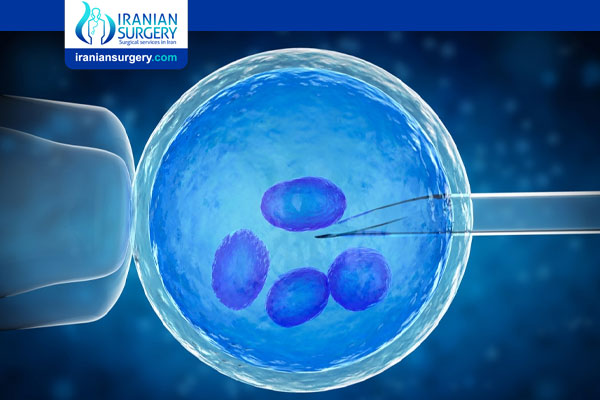Heavy Period After Failed IVF
Heavy Period After Failed IVF
You had an embryo transfer and did not get pregnant. What’s next? The period after a failed IVF cycle is a difficult time for many people. This article will give you helpful information on what to expect after a failed embryo transfer and how to stay on track with your fertility treatments going forward.
Do You Get Your Period If the Embryo Transfer Fails?
There are two ways to know if your embryo transfer has failed.
. You have a negative pregnancy test ~9-10 days after the embryo transfer
. You get your period shortly after the pregnancy test
When Should I Expect My Period After a Failed IVF Cycle?
If your embryo transfer has failed, you will get a period around the time that you would normally expect it. The period will come approximately 10-12 days after a blastocyst transfer or 12-15 days after a cleavage embryo (Day 3 embryo) transfer.
Do You Have a Normal Period After a Failed Transfer?
Your period may be heavier than usual, especially if you took medications to thicken your endometrial lining. Whenever you get a period, the bleeding is from the shedding of the endometrial lining. The thicker the lining, the heavier the period. In addition, this period might be a bit more painful than a regular period as more tissue is being shed. It should, however, be similar in consistency to your average period.
Does IVF Change Your Menstrual Cycle?
The period after a failed IVF cycle is similar to your regular menstrual cycle. However, it may be more painful and heavy. Endometrial thickening medications will increase the amount of tissue that you will shed during this time. After that time, your menstrual cycle should return to normal.
What Actually Happens When IVF Implantation Fails?
Implantation is when the embryo attaches to the lining of your uterus. In a failed implantation, the embryo did not successfully attach to the endometrial lining. A failed implantation could mean one of two things. There could be a problem with embryo quality, or endometrial receptivity could be an issue.
Why Does IVF Fail in General?
There are many reasons why IVF can fail. Common causes include:
. Ovarian factor (due to a decrease in egg quality or egg quantity, often associated with increased maternal age)
. Male factor (poor sperm quality or quantity which can affect embryo growth and development)
. Embryonic factor (issues with the embryo itself)
. Endometrial factor (an inherent problem with your lining or uterine cavity that disrupts implantation)
. Tubal factor (dilated fallopian tubes aka hydrosalpinx can affect implantation)
. Laboratory quality control (the ability of the IVF laboratory to culture and handle embryos successfully)
As you can see, there is no one factor why IVF treatment fails in all cases. Every couple has a slightly different situation, and your fertility specialist can give you an individual assessment of your prognosis. In most cases, the most common reason for an unsuccessful cycle is diminished ovarian reserve from maternal aging.
About Iranian Surgery
Iranian surgery is an online medical tourism platform where you can find the best gynecologists and fertility specialists in Iran. The price of IVF in Iran can vary according to each individual’s case and will be determined by an in-person assessment with the doctor.
For more information about the cost of IVF in Iran and to schedule an appointment in advance, you can contact Iranian Surgery consultants via WhatsApp number 0098 901 929 0946. This service is completely free.
Source:
https://alexroblesmd.com/period-after-failed-ivf/


